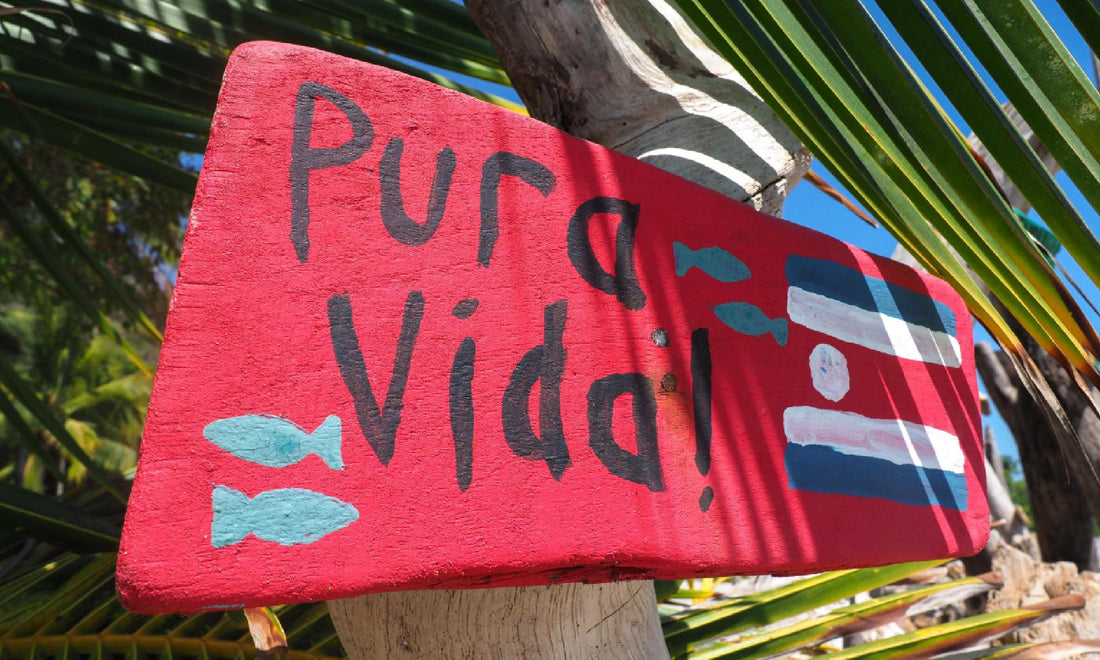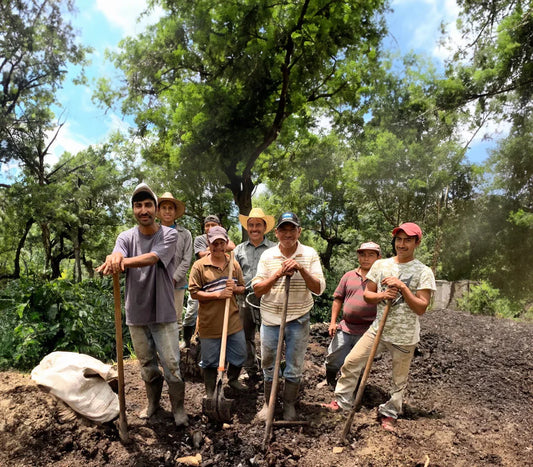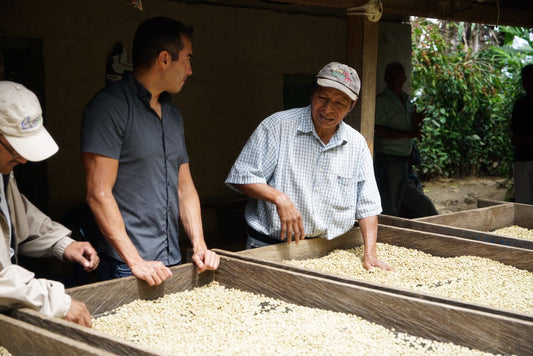
¡Qué chévere! Celebrating Ten Examples of Great Latino Slang
Ever felt chiviado?
Today, slang – or jerga – is no longer seen as something "less than". Instead, it has become a colorful addition to our existing language that allows us to succinctly and emotively capture and communicate a feeling.
Jump to:
Across our communities, we can hear it on the street, the TV and the radio. It’s used in advertisements and splashed across billboards. It is spoken across the globe by Latinos of all ages and education levels to keep communication short and simple and allow for more dynamic, easy-flowing conversations.
This is why it's so important! Not only does it help us communicate in colloquial terms, it also helps us build bonds and friendships, while also developing a sense of belonging.
By learning more about jerga, we can develop a richer understanding of our people, histories, and lifestyles. And while each country has its own unique words and expressions, many are also shared.
To celebrate jerga in all its forms, we put together a list of ten great examples. Did your favorite phrase make the list?

Chévere
Often used in Colombia and Venezuela to describe a person, thing or situation considered good, interesting or enjoyable.
If you ask Venezuelans how they are, they may answer "Chévere" to indicate that they are well, or, in Colombia, you might hear the term "Qué chévere" being used to show someone's enthusiasm about a piece of good news they received.
¿Cachai?
A popular Chilean word added to the end of most sentences, the term comes from the English phrase "to catch" and is used to check whether or not the other person caught the meaning of what was said, get it?
Pura Vida
Distinctive to Costa Rican jerga, the term, which directly translates to "pure life" is used to greet others, to say thank you, you're welcome and that everything is OK.
For the Ticos, pura vida has been a part of their lives ever since they can remember and there is no clear evidence of where or how it originated, although many believe it might be what immigrants said when they discovered the country.
Comerse el Cuento
Did you know that comerse el cuento is the oldest phrase in the Spanish language?
Just kidding!
Comerse el cuento is a common term used to refer to someone who has fallen for something. In other words, it points out when someone is being gullible.
Mostly heard in Colombia, if it's directed your way, you know you've been fooled: hook, line, and sinker.
Mande
In Mexico and Ecuador, if locals don't understand what is being said or asked, they'll say ¿mande? as a way to indicate that clarification is needed.
It's considered more friendly than asking "¿what?" and is used out of politeness and respect.
Chiviado
Chiviado is one of those words that differs depending on the country you are in.
In Guatemala, the word is used to indicate embarrassment but in Mexico, it is used to express annoyance, while Salvadoreños use it to express that they feel offended. In Colombia, on the other hand, it is used to describe something that is pirated or counterfeit.
Who knew one word could have so many different uses?

No Dar Papaya
No dar papaya means "to never let your guard down". However, unlike the other terms in this list, it is often used more like a life mantra than an everyday saying.
Indeed, it's often referred to as an "11th commandment" and it refers to the idea of not putting yourself in a position where people can easily take advantage of you. It is most popular in Colombia.
Para Bolas
If you've made it to this part of the article, then congratulations: you have been parando bolas. Or rather, you've been paying attention.
Para bolas is a common phrase used in Colombia, Ecuador, and parts of Central America.
Its origin is thought to come from baseball: the idea that if a player is distracted for whatever reason, they are not paying attention to the ball – and will end up dropping it.
Parchar
In the same way that hanging out can take a lot of forms, so too can the term used to describe it.
Parchar is a Colombian word used to describe a group of friends getting together to do something. But….
Dañaparche
Considered the opposite of parchar, dañaparche is essentially someone who ruins ("daña") the "parche".
It is similar to "aguafiestas" or "spoilsport", often heard in international Spanish.
So, there you have it. 10 of our favorite slang phrases from across the region. Of course, there are hundreds - maybe even thousands - more.
Which would you like to see in this list?


